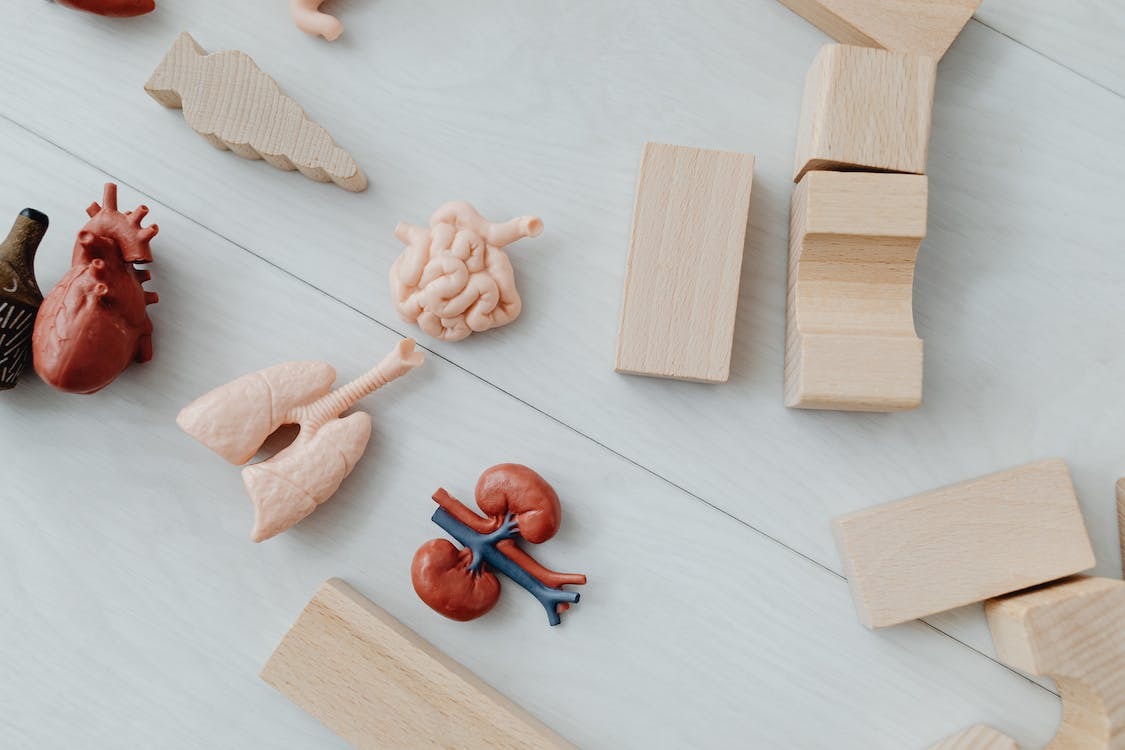Every day, countless lives are cut short due to organ failure. Being an organ donor, whether that be for family members or strangers, can prevent people from losing their lives. Donating organs to family members is crucial in order to have them live a long and healthy life.
An average of 17 individuals across the world lose their lives while waiting for an organ transplant each day, according to Health Resources and Services Administration.
The devastating reality often leaves families desperately searching for an answer. In such trying times, the concept of organ donation within a family becomes more than just an act of compassion – it becomes a testament to the bond that ties them together.
The decision to donate organs to family members may seem difficult and daunting, but it is an invaluable gift that not only saves lives but strengthens familial connections.
In a world where individualism often takes precedence, it is heartening to witness people putting their loved ones’ well-being above all else. The choice to give a part of oneself – whether it be a kidney, a liver or even bone marrow – to a family member is a remarkable demonstration of love, trust and compassion.
By stepping up and offering to be a living donor, family members can dramatically reduce this waiting time and provide a renewed chance at life for their loved ones.
Donating an organ to family members, especially close family members like parents may not seem like such a sacrifice.
Jason Hanna, professor and chair of NIU’s Philosophy department, believes that donating an organ to a close family member is not a sacrifice.
“If it’s a spouse donating an organ to a spouse or a parent donating an organ to their child, it probably will not seem like a sacrifice to the donor because having their family member alive and in good health is likely to be good for them,” Hanna said.
After donating a kidney, people tend to live healthy, normal lives with few problems, according to the National Kidney Foundation.
The decision to donate organs to family members should not be taken lightly. It requires careful consideration, an understanding of the risks involved and consultation with medical professionals.
However, like any other medical procedure, there are always risks, whether they be medical or psychological risks.
Hanna also believes that pressure is a big risk of donating organs to family members.
“I think the big one would be whether the consent is fully voluntary or whether it’s a result of too much family pressure being put on,” Hanna said.
However, the potential rewards are incomparable. By choosing to be a living donor, we are not only offering the gift of life but also setting an example for future generations, showing them the extraordinary lengths we will go to support and care for one another.
Donating organs, whether it be to family or even strangers is extremely vital, especially when it’s a life-or-death scenario. Donating organs to people is an opportunity to create a lasting legacy of compassion, empathy and preservation of life. Each organ donated is a testament to the incredible power of familial love; and together, we can make a profound impact on the lives of those who need it most.















